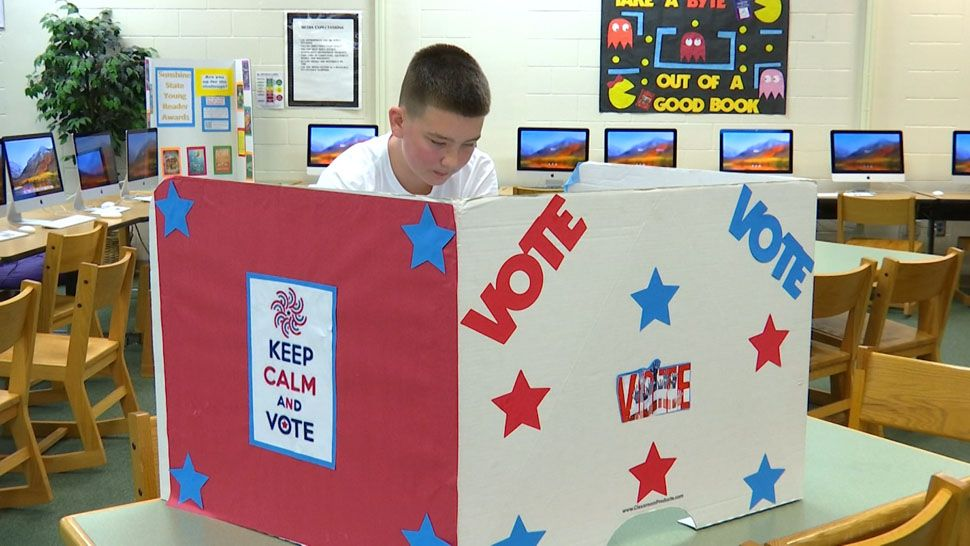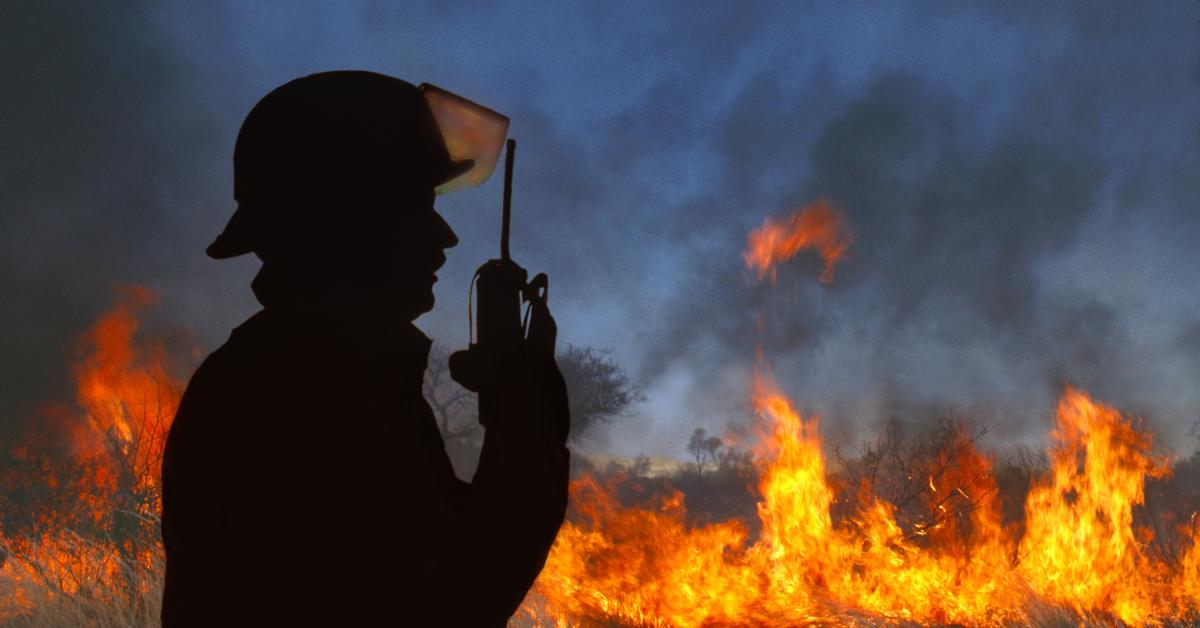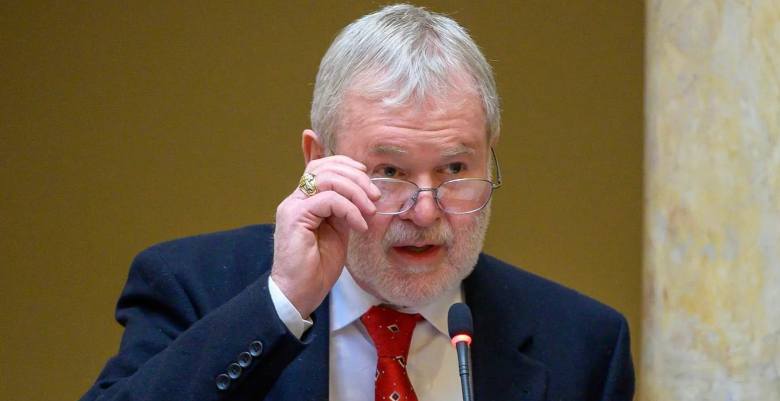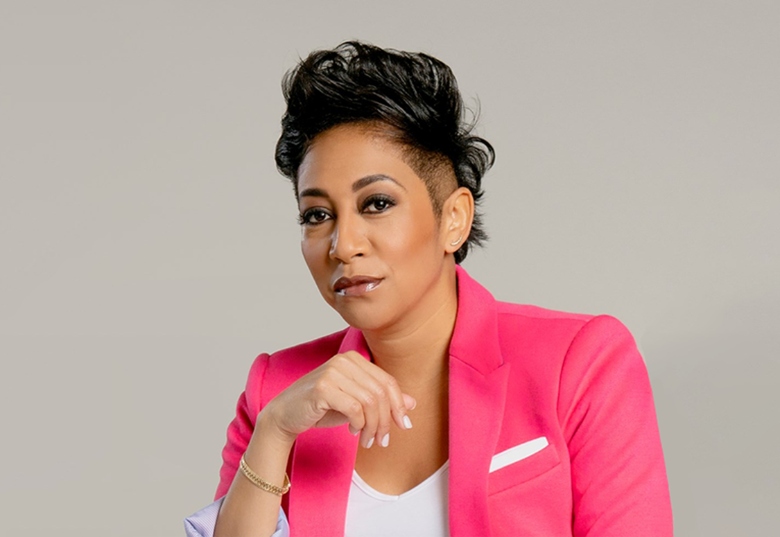A California teacher has stirred controversy after a video went viral showing a parent confronting the educator for allegedly excluding students who voted for Donald Trump in a mock election from a pizza party reward. According to the video, only students who voted for Kamala Harris in the classroom election were invited to join in on the pizza and other rewards.
The video, originally posted by the social media account LibsofTikTok, has since sparked significant debate online. The footage does not disclose the name of the teacher, the school, or the parent involved, leaving the specifics of the incident unverified. However, the incident as described shows the teacher rewarding only those classes that voted for Harris with pizza and other perks, such as access to beauty supplies, while those who voted for Trump in the mock election were excluded from these treats.
The recording begins with the mother showing the mock election ballot and speaking to her daughter, who explains how the teacher planned the rewards. According to the student, multiple class periods participated in the mock election, and only the periods that chose Harris were treated to pizza and beauty supplies. The student clarifies that the only class excluded from the reward was the one that favored Trump, raising questions about the impartiality of the teacher’s behavior.
The footage then cuts to an alleged phone call between the parent and the teacher, during which the teacher justifies her actions by stating, “Democrats are more for feeding the hungry, free medical care, more services — just pay higher taxes, so I would be willing to buy pizza for the class.” The teacher allegedly added that the class voting for Trump would not receive pizza, as, in her view, the conservative approach is to “pay for yourself.”
This comment has ignited discussions online, as many argue that this instance not only shows political bias but also sends an inappropriate message to young students about differing political views. Critics of the teacher’s approach argue that this incident reflects an underlying issue with partisanship in the education system, while others argue that rewarding one group of students over another for their political beliefs fosters division among classmates.
The teacher’s remarks have fueled a variety of responses on social media. Some parents and online commentators expressed concern that introducing partisan favoritism into a classroom setting could create an uncomfortable learning environment for children who do not share the same political views as their peers or teacher. In particular, parents who are concerned with objectivity in education argue that such actions not only reveal bias but could also pressure students into aligning with particular viewpoints to avoid feeling isolated or excluded from activities.
Others, however, view the incident as a harmless joke, suggesting that the teacher may have intended the reward system as a light-hearted way to introduce students to the concept of elections and political choices. They argue that holding mock elections can serve as a useful educational tool, provided they’re conducted without favoritism.
In the video, the parent also offers to pay for pizza for the class that voted for Trump, which catches the teacher by surprise. It’s unclear from the video whether the parent’s offer was accepted or whether she followed through with purchasing pizza for her daughter’s class. The unresolved question of whether the class ultimately received pizza only adds to the attention the video has received, as social media continues to speculate on the teacher’s reaction and the fairness of the situation.
A California teacher allegedly had students do a mock vote for Trump or Harris. Those who voted for Harris are rewarded with a pizza party while those who voted for Trump are not. pic.twitter.com/D7SHUsej6s
— Libs of TikTok (@libsoftiktok) October 16, 2024
Critics of the teacher’s approach argue that a classroom should be a politically neutral environment, where students are free to form and express their own opinions without experiencing favoritism or exclusion based on their political preferences. Parents who disagree with the teacher’s behavior have questioned whether the school will take any action in response to the teacher’s conduct and expressed frustration that such an incident occurred.
As the debate over this incident continues, the video has raised questions about the role of educators in handling political topics in schools, particularly when dealing with young students. Some school districts across the United States have guidelines in place regarding discussions of politics in the classroom to ensure that educators remain neutral, while others allow more discretion, especially in cases where topics are related to current events and civic education.
The mock election incident has also contributed to the larger conversation surrounding political discourse in schools and the influence educators have on young minds. For those who believe in keeping politics out of classrooms, the video underscores the need for strict policies to ensure that students are not made to feel unwelcome based on their political opinions. Conversely, others argue that teaching students about elections and the democratic process is beneficial when done responsibly and without partisan bias.
As of now, it’s unclear whether the school or district plans to respond to the incident. The video continues to spark debate on social media, with many calling for clearer guidelines on political discussions in schools to avoid similar situations in the future.



